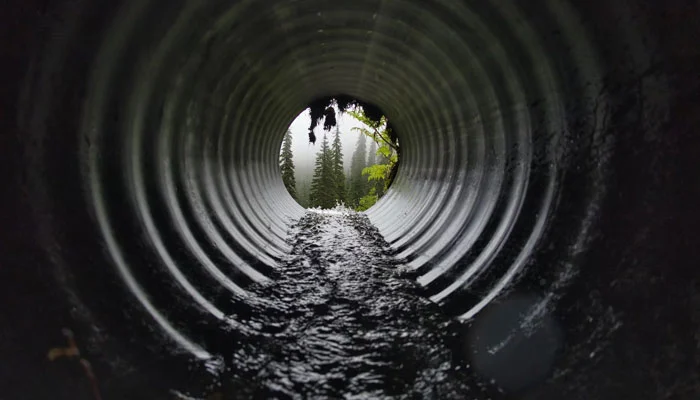Under a new initiative by the California Water Resources Control Board, wastewater from toilets and showers will no longer be merely dumped into the Pacific Ocean or utilized for farmland, but will instead be recycled into drinking water.
With a unanimous vote earlier this week, the board approved new regulations, making California the second state after Colorado to recycle wastewater into drinking water.
The Direct Potable Reuse is a program designed to pump recycled water into the public drinking water system, CNN reported.
The objective, according to board chair Joaquin Esquivel, is to safeguard public health while lessening the state’s reliance on the Colorado River’s diminishing water supply.
“The reality is that anyone out there on the Mississippi River, anyone out there on the Colorado River, anyone out there taking drinking water downstream from a wastewater treatment plant discharge—which I promise you you’re all doing—is already drinking toilet water,” said Esquivel.
Orange County’s Groundwater Replenishment System, the world’s largest purification system, recycles 100% of local wastewater.
This move has become crucial for California, which struggles to provide drinking water to its 38 million residents amid worsening droughts, with over 97% of the state experiencing moderate to severe drought in 2023.
A 2022 water supply and demand report indicates that 18% of water suppliers are at risk of potential shortages.
The state has had difficulty addressing the public’s dislike of “toilet to tap” water since it was unpopular in the 1990s.
Despite the negative moniker, the regulations are key to public trust and protecting public health, Esquivel said.
Standards, science, and crucial monitoring, together with other factors, enable us to have safe, pure water at this location; in fact, the water is probably of higher quality than what many of those systems are currently obtaining, Esquivel continued.
About half of tap water may be contaminated with “forever chemicals,” according to a study from the US Geological Survey.
“These new regulations give water managers a critical new tool as we confront the challenges of climate change,” the Metropolitan Water District of Southern California said in a statement.







